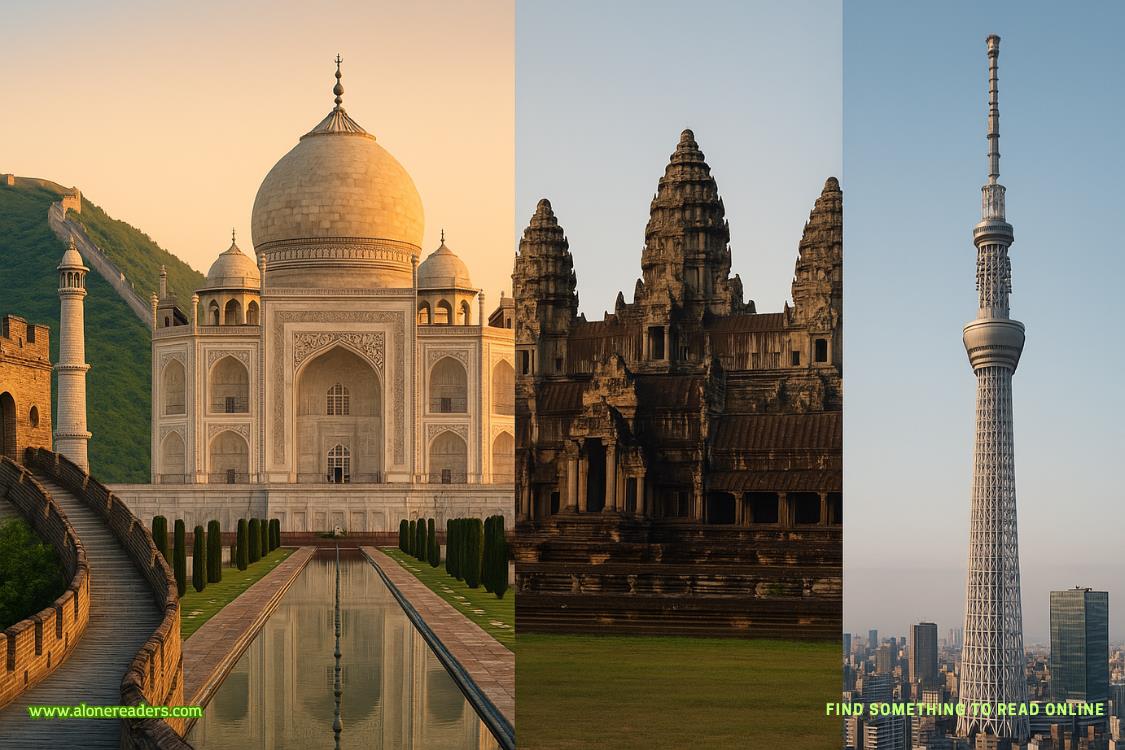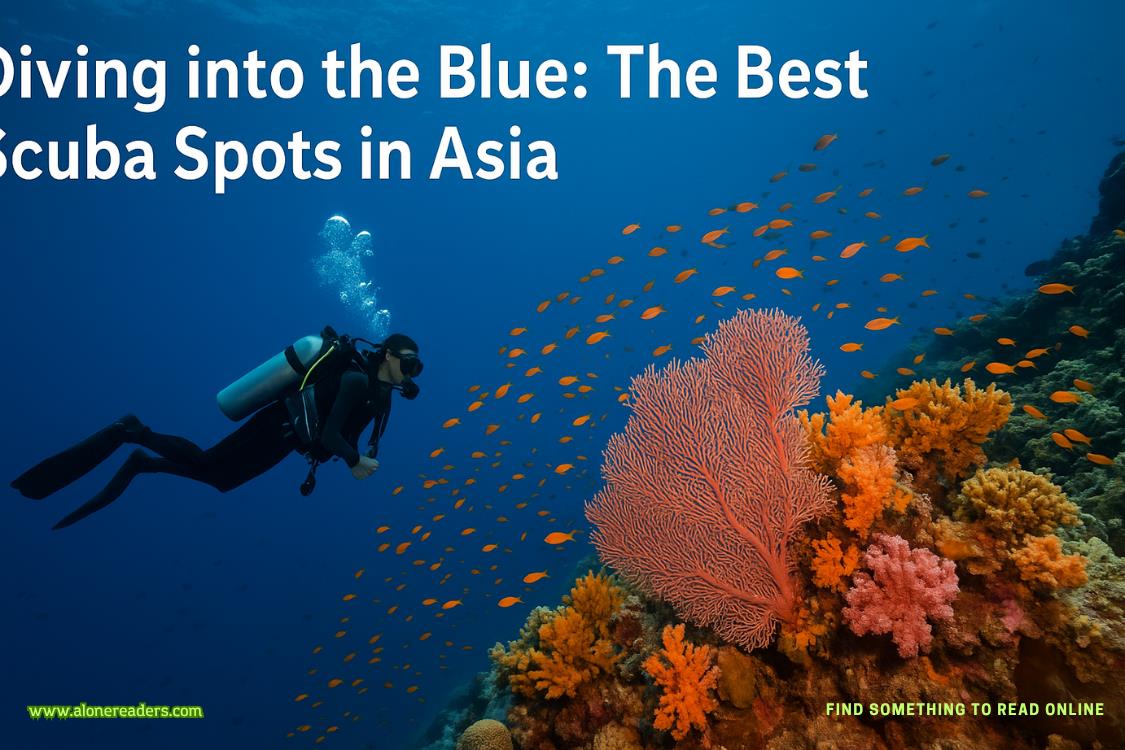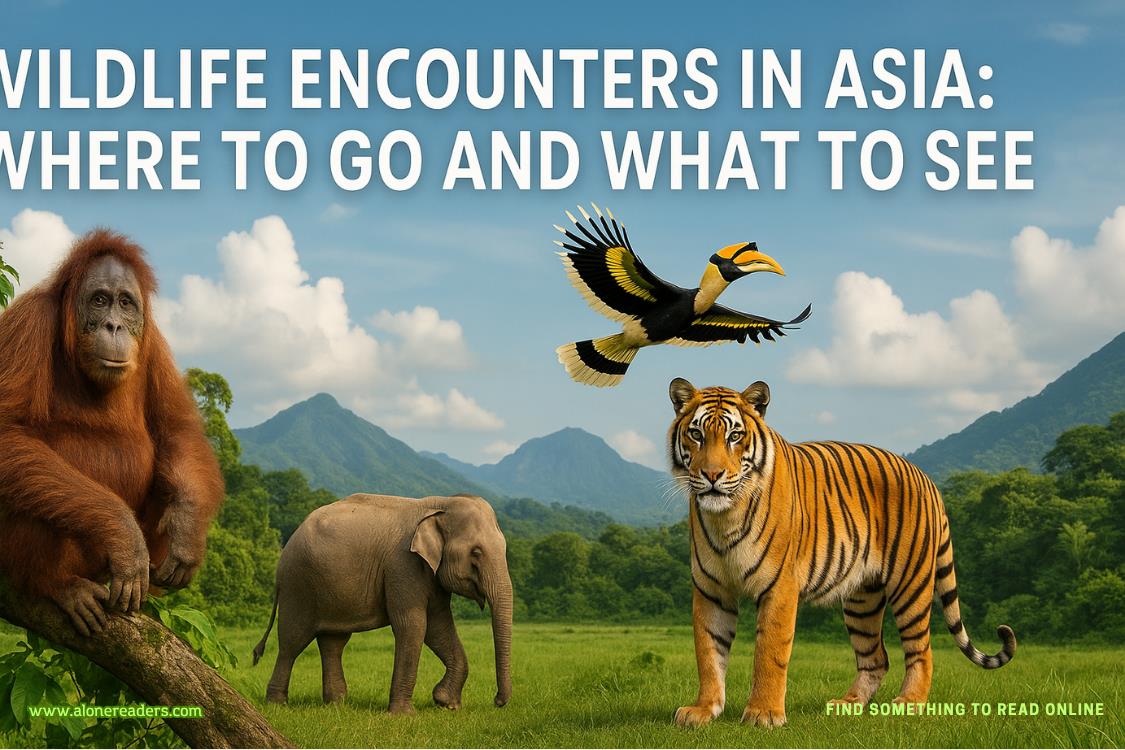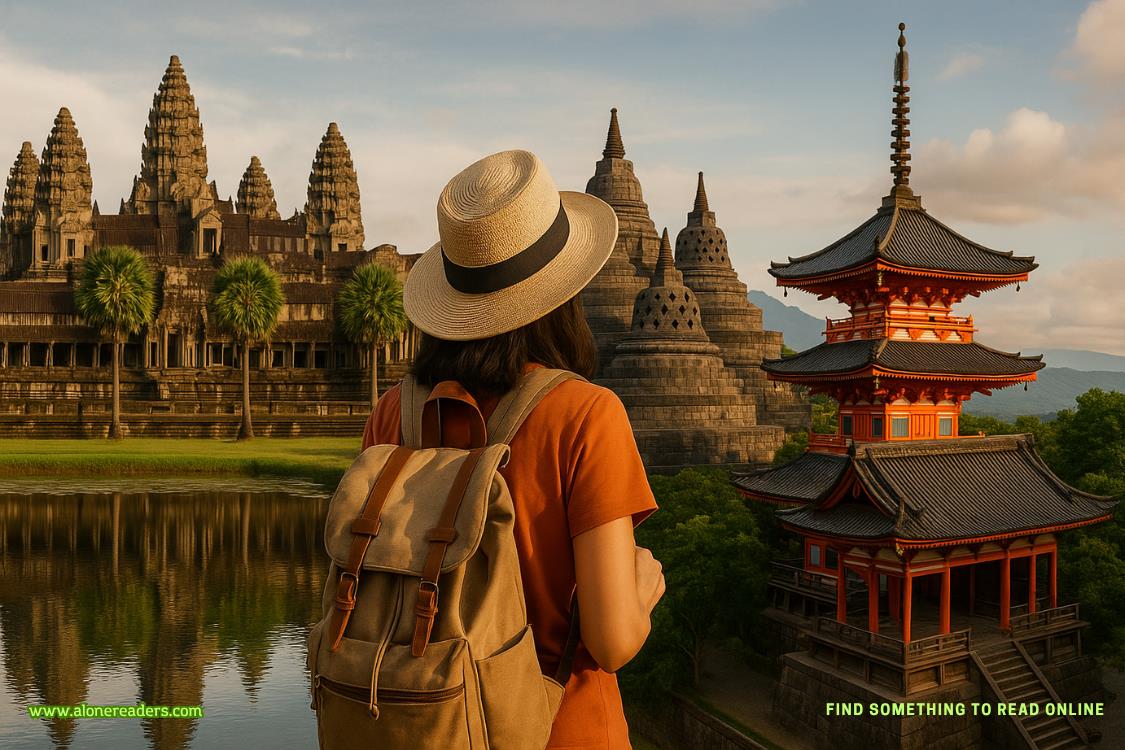Page 96 of Our Last Resort
They wouldn’t have gotten together, if not for me.
I met Annie first, at Columbia. A total fluke: We sat next to each other during a film night. (I never attended film night, because the movie club invariably picked French films, and Iwas, thanks to Émile, allergic to anything related to France. But that night, the movie club found the strength to tear itself from the French New Wave and screened the 2008Revolutionary Roadadaptation.)
That was in 2011. I was twenty; Annie was twenty-two. She was finishing her undergraduate degree (data science), and I had recently transferred from community college to the School of General Studies. This was Columbia’s track for students with a “nontraditional path” in higher education, which in my case was putting it lightly.
“Nontraditional” could mean you were a single parent, or a veteran, or a newly retired ballet dancer. Or it could mean you’d been raised in a cult, escaped, lived in a storage unit for two years, in a homeless shelter for one, gotten your GED, and found your way to subsidized housing and education.
Time had passed. Gabriel and I lived in an apartment by then. We had beds, a shower, a lock on our door. Every day felt like something we’d gotten away with.
Before the movie started, Annie tapped my shoulder.
“Could you watch my bag? I’m just running to the bathroom.”
It was that simple, out here in the real world. This was how people made friends.
After the movie, she asked me what I thought about “Leo,” and I pretended to know who she was talking about. As the credits rolled, she stretched and declared: “Well, I’m never getting married.”
I said that movie would put anyone off the idea of matrimony.
“It’s not even the movie,” she said.
“Then what is it?”
We walked to the local pizza joint, where the slices were the size of our faces. On the way, Annie complained about her suitors.
“There’s nothingwrongwith the guys I meet, really. They’re just…all the same.”
By the time we sat down to eat (pepperoni for me, cheese for Annie), it had become clear: The guys in Annie’s life were asplain as her pizza. I pictured them: fine young men who shared her pedigree, all well mannered, well educated. All unbearably dull.
“I just want someone different, you know?” she said, blotting her slice with paper napkins. “Someone who doesn’t have his future all mapped out.”
It was a pattern I later learned to recognize in TV shows, movies. In a world where she had always been provided for, Annie yearned for someone who would, finally, needher.Who would turnherinto a provider—of stability, comfort, opportunities.
I picked a slice of pepperoni off my pizza, tilted my head back to drop it onto my tongue.
“I think,” I said when I was done chewing, “there’s someone you should meet.”
From the first date, they moved so fast, Gabriel and Annie. That kind of whirlwind felt foreign to me. I’d started dating, too, around the time Gabriel and I moved into the apartment. But it wasn’t a means to an end. I never thought of it as a search with a specific endpoint—a partner, a ring.
It scared me, at first. The idea of intimacy, of partners, of sex. I knew so little.
But suddenly, I had access to a wealth of information. For a while, I treated sex and relationships like one big research project. I went to the library. I borrowed books. I read magazines. Slowly, I started being able to imagine it—me on a dinner date, me in someone else’s bed.
That’s where I met my first date, in fact—at the library. Others followed more easily than I could have imagined. The apps were starting to get popular, but I eschewed them. I needed to meet people in person—at bars, at school, even at work.
My dating was drinks, movies, drinks, movies, the occasional museum outing. It was waking up in a stranger’s bed—a nice stranger I’d gotten to know just enough for this purpose, about whom I didn’t feel the need to learn anything more.
Sometimes it went well. Other times it was complicated. Not everyone was kind. Not everyone was nice, fun, or even just good at it. There were things I didn’t like. I was discovering them in real time, and I had to figure out how to communicate those preferences. That was a lot of work. And it required people wholistened,not just to spoken language (although that, too) but to everything else as well: the tensing of a muscle, the sharpening of a breath.
I had no tolerance for people who tuned me out. One particular loser—someone I’d met at a campus mixer for people interested in finance—found out the hard way when I left in the middle of things.
But when it went well—that felt like a magic trick I’d taught myself. My dates and I made each other feel good in a variety of ways, from the moment we met up to the morning after. Every time, I marveled at it: The fact that sex hadn’t stopped after Émile. That it wasn’t confined to one memory, one room, one man, one girl. That it could be as silly or as deep as I wanted it to be. Sex could mean a hot stranger, body parts finding the right places as if by telepathy, and a midnight subway home. It could mean talking until sunrise, homemade pancakes, and never messaging each other again.
After Annie’s death, that carefree feeling was gone. It was easy enough to meet up with someone, to order drinks, to talk about work. But then, inevitably:So, where’s your family from? Oh, you have a brother? Where does he live? What does he do?I worried the person would put two and two together.Oh, Gabriel Miller, isn’t that—And which questions would follow, then?
Well, what’s he like?
Well, do you think he did it?















